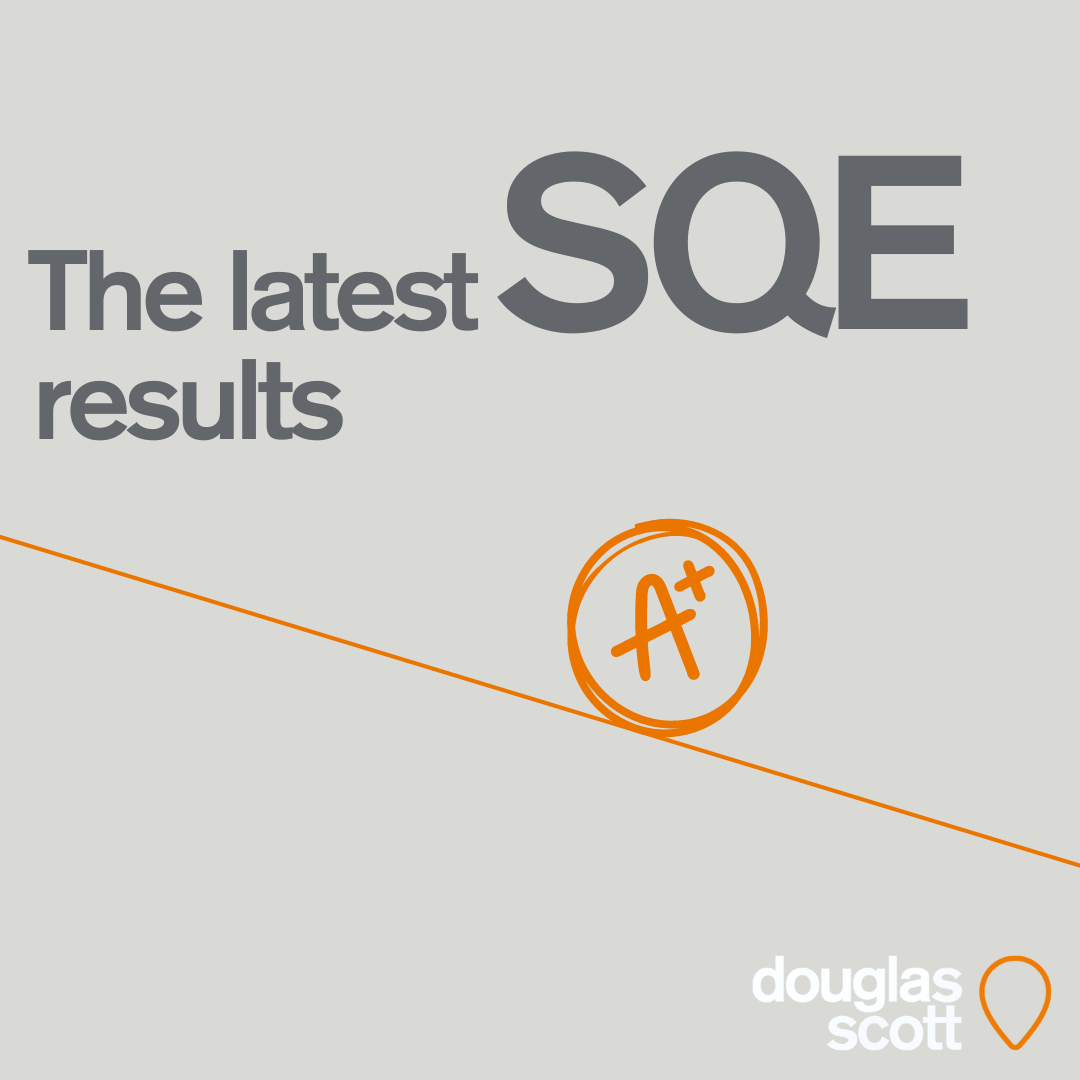The latest SQE results - Is the troubled exam turning a corner?
Posted in Latest News on 6 Jun 2024

After a troubled beginning to the year for the SQE, things look to be turning a corner with the release of the latest results for the SQE2.
The most recent set of results show a 9% increase in the numbers of people who passed the assessment compared to the previous sitting. 73% of those who sat the exam this time around passed, compared to 64% that did during the last sitting. So, is this a sign that the SQE is starting to put some of the problems it has suffered behind it?
To break these numbers down a little further, the pass rate varied between 71% and 75%, while, for those taking SQE2 for the first time, the pass rate was actually higher at 76%. (For context, the percentage at which students needed to pass the exam was 61-62%.) There was a wide variety of different scores between people who took the exam, which was very similar to previous occasions. However, it’s still a sign that the pass rate is holding well, despite the difficulties encountered at the beginning of the year, with a low pass rate not helped by technical issues, meaning some students were told they had failed, when in fact they had passed, leading to some people having their training contracts revoked on the basis of grades issued in error! It will hopefully act as some good news off the back of a disastrous previous cohort.
However, there will be some who are a little concerned by the possible income that could be received by the SQE, especially following the problems earlier in the year. Next year (the 2024-25 season), the Solicitors Regulation Authority is in line to get £66 million in income due to the SQE, which is more than double the number for the 2023-24 season. This comes on top of the 5% increase in entry fees for people sitting the exams in the first place, and for some it might be seen as another knock of confidence, with all the technical issues and marking errors that have plagued this exam since the start. While this upswing can also be attributed simply to more people taking the exam in the first place (especially with the older exam system now phased out), some may feel that it isn’t delivering value for money. However, the regulator has agreed to a three-year evaluation of the SQE, so this may provide some reassurance for those who feel that the SQE has struggled to meet their expectations.
The SQE isn’t completely out of hot water, and some may feel that these results don’t offset the fiasco of earlier this year. However, these latest results do offer some hope that problems with the exams might have been consigned to the past, and that the SQE has turned a corner. We’ll continue to monitor the results and update you on more developments as they come.
Latest insight
-
How popular really is hybrid working?
07 Apr 2025 -
What is the top priority for law firm leaders?
20 Jan 2025 -
How to make your 2025 Legal dreams come true!
13 Jan 2025 -
What poor mental health is costing firms...
13 Nov 2024 -
Beyond the surface: How law firms are quietly advancing social mobility
05 Nov 2024